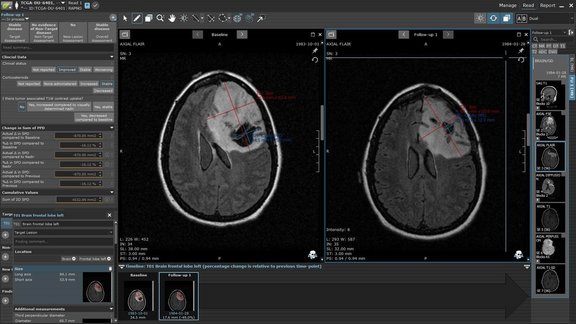A recent study, conducted across 11 South Korean hospitals, compared the diagnostic performance of four hepatocellular carcinoma (HCC) diagnostic guidelines and readers' judgments.
The study was retrospective, involving 2,237 patients at risk for HCC with 2,445 focal liver lesions (FLLs). FLLs were reviewed according to four guidelines: AASLD/LI-RADS, KLCA-NCC, EASL, and APASL, assessed on accuracy, sensitivity, specificity, positive predictive value, and negative predictive value.



